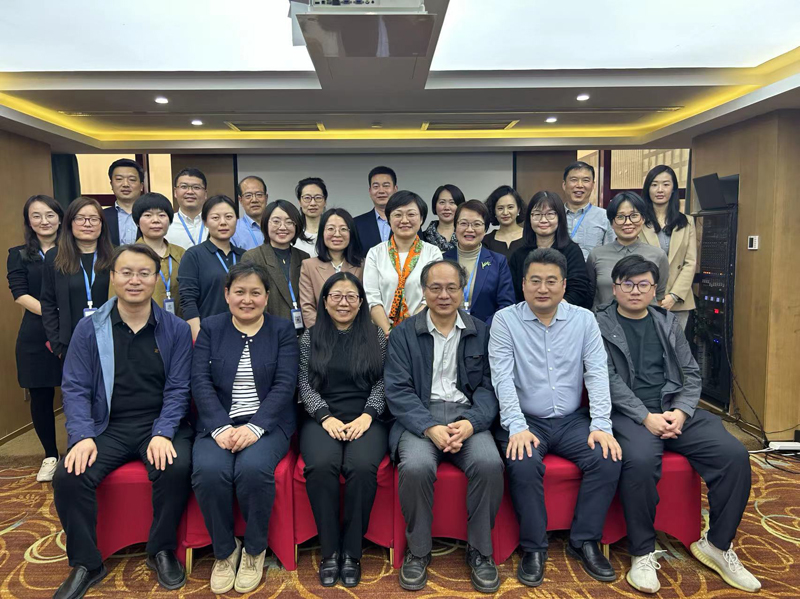Follow our WeChat account
Author: CHISPO ATTORNEYS AT
Date: 2023-03-31
The AIPPI China Symposium on "Trademark Use Issues in the Metaverse" was successfully held in Beijing on March 30, 2023. More than 30 intellectual property practitioners from the National Intellectual Property Administration including judges, scholars, enterprises, technology experts, and intellectual property service agencies attended the meeting.

The symposium focused on "Trademark Registration and Use in the Metaverse". The conversation mainly revolved around three main topics:
1. Technical Perspectives on Trademark Use in the Metaverse
2. Issues Concerning Metaverse-Related Goods and Services in the Nice Classification
3. Trademark Protection in the Metaverse
At the beginning of the symposium, CHISPO managing partner and current co-chair of the AIPPI China Trademark Committee, Maggie Mi, delivered some opening remarks and facilitated the conversation. During the symposium, seven experts and scholars, including Zhang Hairuo, a member of the Trademark Committee, Leo, a technology expert, Du Jianbo, senior legal manager of Baidu Group, Professor Du Ying of Central University of Finance and Economics, Professor Guo He of Renmin University of China, Vice Chief Zhao Yijing of the Application Division of the Trademark Office of the National Intellectual Property Administration, and Judge Liu Yijun of the Beijing Intellectual Property Court, were invited to give keynote speeches, covering hot topics related to trademark use in the metaverse.
The speakers' insightful speeches sparked enthusiastic discussions among the participants who enjoyed in-depth exchanges. Eventually, the panel concluded that, in the current environment, trademark issues relating to the metaverse should be subject to the constraints of the real-world trademark system. When using trademarks in the metaverse, comprehensive judgments should be made based on the manner, purpose, and connection with real-world goods. Additionally, speakers and participants alike agreed that the criteria for determining confusion or misidentification should still apply to trademark infringement in the metaverse. The discussion also raised some controversy over the selection of goods and services involving metaverse trademarks, which requires industry attention and further in practice exploration. It is believed that the symposium's success will play a positive role in promoting research on metaverse trademark use in China.
CHISPO will continue to focus on researching the latest Chinese intellectual property development trends, encourage quality resource exchange and sharing, and contribute to pushing the Chinese intellectual property industry forward by staying at the forefront of the all the latest developments.